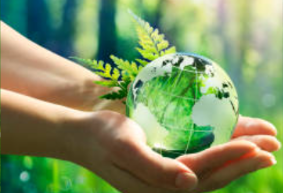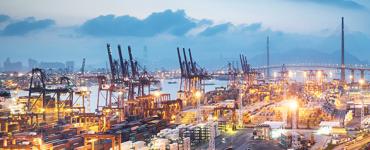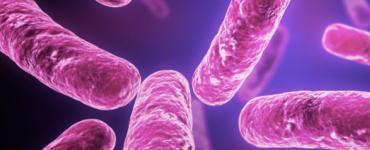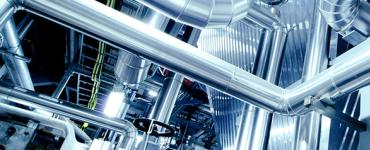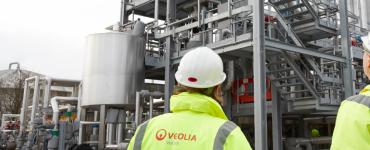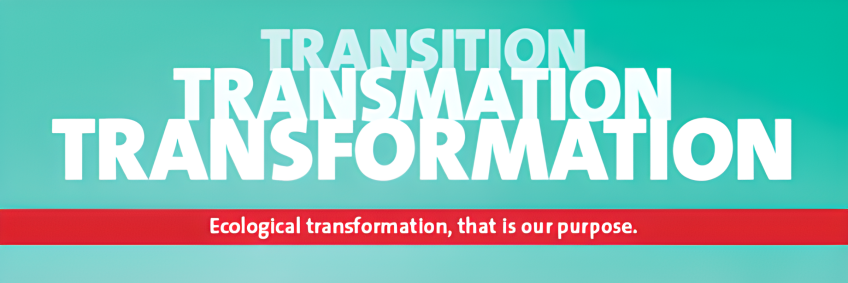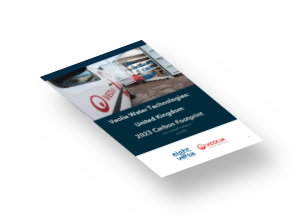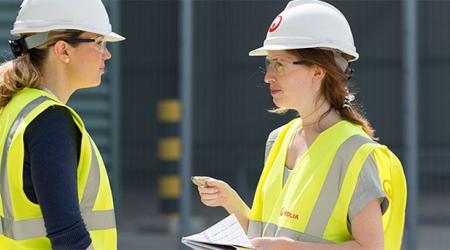Ecological Transformation
As the global water technology experts of Veolia, we deliver on both performance and sustainability without compromise. We provide you with peace of mind knowing your business and communities are safeguarded, efficient and resilient.
Together we protect, preserve and reuse resources, tackling today's environmental challenges while creating the water treatment and process solutions of tomorrow.
We offer cutting-edge technologies, innovative projects, solutions and services that help industries and cities decarbonise, depollute and save and regenerate resources, improving the quality of life an human progress.
What is Ecological Transformation?
Veolia has dedicated itself to ‘Ecological Transformation'. Which means adapting, improving and prioritising sustainable patterns of production and consumption. It signifies placing ecology at the forefront of our processes, solutions and most importantly our mindset. We quantify Ecological Transformation using four pillars: improving biodiversity, decreasing pollution, fighting climate change and optimising resources.
Sustainable Development Goals
In 2015, The UN released its ‘blueprint’ to navigate a global shift toward a sustainable future. This 17-point plan covers a multitude of topics from human rights to energy efficiency, basic infrastructure to recycling, no stone is left unturned. Veolia has aligned itself with these goals, explaining how their “purpose is to contribute to human progress by firmly committing to the Sustainable Development Goals set by the UN to achieve a better and more sustainable future for all.”
Of the 17 Sustainable Development Goals, there are 4 key goals that VWT can truly have an impact on. As a water treatment expert, we not only design and provide technologies for laboratory water, process water, drinking and wastewater treatment solutions, but we also provide access to water for more and more people, while working to preserve the resource for future generations
Why is this important?
In early 2022, the Intergovernmental Panel on Climate Change (IPCC) released their latest report assessing the impact of climate change and possible solutions. By looking at current scientific, technical and socio-economic knowledge, the IPCC emphasises the centrality of water security moving forward.
It is crucial for sectors that rely heavily on water to adapt in order to mitigate their contribution to the acceleration of climate change. In particular, agriculture, energy and industrial water use. Technologies in these sectors “that reduce carbon emissions by promoting the efficient use of water can support successful adaptation”.
For example, climate change is having a negative impact on hydroelectric and thermoelectric power, in which water is a crucial element in their production. Combined, these sources of power provide 94.7% of the world’s electricity generation.


